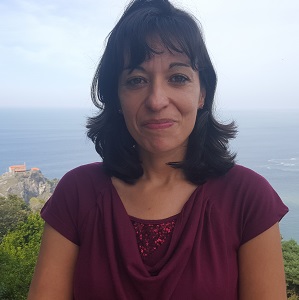Plenary Speakers
Carmen Fernández Llana
Carmen Fernández Llana, graduated in Mathematical Sciences and PhD in Statistical Methods from the Autonomous University of Madrid. After defending her doctoral thesis in 1994, she carried out research stays and later became a tenured professor of Statistics at various universities in Belgium, the Netherlands and the United Kingdom. During her years at the University of St Andrews (Scotland), she established a relationship with scientists from the IEO, an organization in which she obtained a position as a senior researcher in 2006. In the period 2006-2011 she was assigned to the IEO in Vigo, working on the evaluation of stocks of commercial species (cod, rooster and hake) in ICES and NAFO areas. Between 2012 and 2017 she held the position of vice-president of the Advisory Committee of the International Council for the Exploration of the Sea (ICES). She is currently Deputy Director General for Research at IEO.
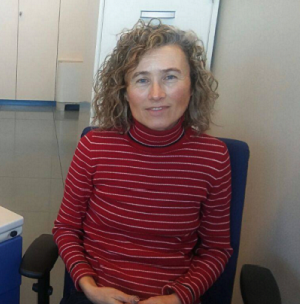
Manuela Azevedo
Manuela Azevedo is a senior scientist at the Portuguese Institute for the Sea and Atmosphere (IPMA). She graduated in marine biology in 1982 and has a MSc in statistics and probabilities. She develops and applies quantitative methods for fish and fisheries dynamics and for fisheries advice and management. She started her career with the stock assessment of bigeye tuna (ICCAT) and with studies to support the development of the Portuguese swordfish long-line fishery. She has been engaged with ICES for almost 30 years in several capacities: as an active member and chair of several ICES expert working groups and workshops, as member of the Advisory Committee, as Vice-Chair of the Advisory Committee and as Portuguese member of ICES Council. She was invited Professor at the University of O´Porto for a decade, teaching statistics.
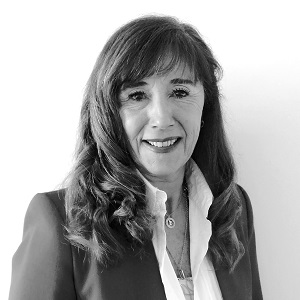
Marta Coll
Her research focuses on understanding patterns and processes that characterise marine ecosystems and, in particular, changes of, and threats to, marine biodiversity. She studies population, community and food-web dynamics linked with human activities (such as fisheries, climate change, eutrophication, and invasive species), and how these translate into changes in ecosystem structure and functioning, and services that humans obtain from the ocean. She develops and applies a variety of ecological analyses such as ecosystem modelling techniques and statistical tools, and she uses historical data, fisheries statistics, experimental results and field data sets.
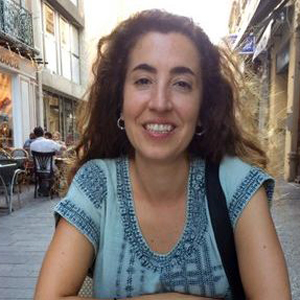
Invited Speakers for Thematic Sessions
Alfonso Pérez Rodríguez
Alfonso Pérez Rodríguez has a degree in biology, and a doctorate in fishing ecology. His lines of research are related to the biological and ecological processes that determine the productivity of fishing resources, such as growth, maturation, reproductive potential and natural mortality from predation. In addition, he works on stock assessment and design and evaluation of management strategies, where he tries to apply the results of his research. He currently works at the Bergen Institute for Marine Research.
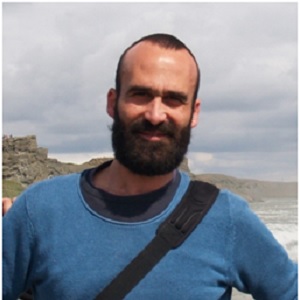
Dorleta García
Dorleta García, PhD in mathematics and statistics, has more than 15 years of experience in fisheries modelling and management. Her work is focused on stock assessment, bio-economic modelling of fisheries systems and statistical data analysis. She has a long experience in bioeconomic modelling of fisheries systems and management strategy evaluation (MSE) and has led the development of the bio-economic mixed fisheries model FLBEIA. Currently, she is the international coordinator of the Northern stock of European Hake and Mixed Fisheries advice in Bay of Biscay in ICES. In the last years she has been involved in the evaluation of management strategies for data-limited stocks in the framework of multi-stock and multi-fleet fishery systems, with special interest on the uncertainty conditioning and sensitivity analysis of the models used.
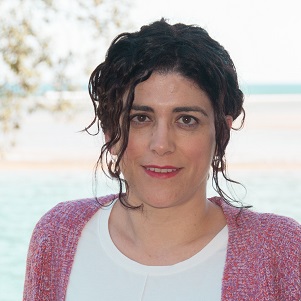
Jose L. Santiago
PhD in Marine Science, Technology and Management- works at the Socioeconomic Department of the Technological Centre of the Sea (CETMAR) since 2011. His work focuses on applying science in the management of fisheries and the marine environment. He participates in several research projects developing socioeconomic assessments on marine resources and activities in the field of marketing of products and services of the sea, advancing methodological approaches to measure macroeconomic impacts. In addition, he takes part in service contracts with the European Commission and the Regional Government regarding the Blue Economy, the economic impact of Marine Spatial Planning, European Market Observatory for fisheries and aquaculture (EUMOFA), EMODnet Human Activities and the socioeconomic impact of Fisheries Local Action Groups. Currently, he is part of the ICES Working Group on Economics.

José-María Da-Rocha
José-María Da-Rocha, doctor in Economics from the University of Vigo (1993) is Professor in the Department of Fundamentals of Economic Analysis at the University of Vigo. He has been a professor at the Autonomous University of Barcelona, the University of Vigo, the Carlos III University of Madrid and the Center for Economic Research of the Autonomous Technological Institute of Mexico (ITAM). His research combines contributions in the field of economic theory / macroeconomics with the sustainable management of fishery resources, among other topics. In this talk he will show how to use bio-economic models where the behavior of the species is the result of an optimization process in the design of assessment models that contemplate interactions between fish and fishermen.
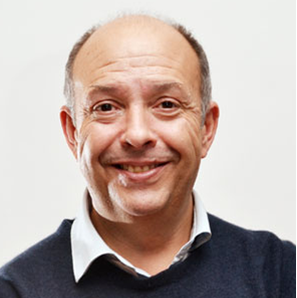
Leire Ibaibarriaga
Leire Ibaibarriaga holds a BSc degree in Mathematics (University of the Basque Country) and she completed a MSc in Statistics at the University of St Andrews (Scotland) and a PhD in Statistics at the Lancaster University (United Kingdom). She has developed her professional career in the Marine Research Unit of AZTI working on statistical modelling applied to fisheries science. Her main interests are methods for stock assessment and management advice, habitat models and DEPM, specially for small pelagic fish.
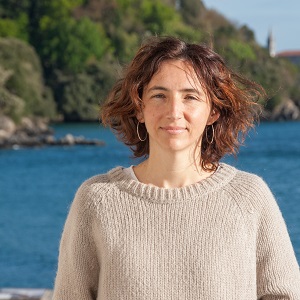
Manuel Hidalgo
Dr. Manuel Hidalgo is a fisheries ecologist and oceanographer working as senior scientist for the Spanish Institute of Oceanography (IEO) at the Oceanographic Center of the Balearic Islands (Palma, Spain). His research focuses on the impact of fishing activity and climate variability on the ecological mechanisms that regulate exploited populations, communities and ecosystems. He particularly works on the hydroclimatic influence on the spatial ecology of early life stages of exploited species, including survival and connectivity processes, synergistic effects of climate and fisheries on vital traits and spatial and temporal dynamics of exploited species, and indicators of resistance and resilience of impacted marine ecosystems. Manuel is member of several ICES working groups (WG), has chaired an integrated ecosystem assessment WG for six years and is currently alternate member of SCICOM.
Margarita Rincón Hidalgo
Margarita is a head scientist at IEO. She has a background on mathematics and her PhD was about mathematical applications to Fisheries Science. Since then, her research is mainly focused on the following research lines related to the sustainability of fisheries resources: Modeling the dynamics of fish populations incorporating the effect of fishing and the environment, stock assessment, development of tools for decision making and analysis of management strategies from an ecological and socio-economic point of view. She has long experience participating in national and international research and innovation projects and she is an official national member of the ICES groups for assessment WGHANSA and WGMIXFISH (Working Group on Southern Horse Mackerel, Anchovy, and Sardine and Working Group on Mixed Fisheries Advice).
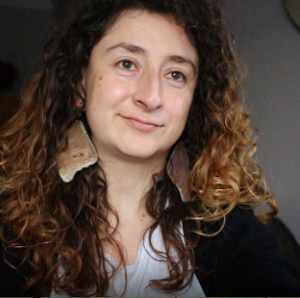
Mauricio Ortiz
Dr. Mauricio Ortiz is the Head of the Department of Research and Statistics and oversees activities related to the analysis of tuna and tuna like species data included in the ICCAT databases. Because of its mandate to manage and conserve tuna fishery resources, ICCAT members carry out a wide spectrum of scientific research and monitoring activities. The Secretariat is directly involved in coordinating some of these activities, although much of the practical work is carried out by the Contracting Parties. The Secretariat maintains a large number of databases containing information on fishery statistics useful for stock assessment, as well as compliance-related records. The activities on research and statistics, under the direct supervision of the Assistant Executive Secretary and Scientific Coordinator, are conducted by the Department of Research and Statistic. This Department is staffed by eleven people: a Head of Department and Fisheries Data Analyst, a Population Dynamics Expert, a By-catch Coordinator, a Biostatistician, a Database Programmer, a Database Programmer and Webmaster, a Programming Technician, a Database Programmer and GIS expert, and three Software Developers.
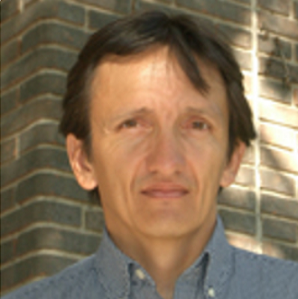
Miguel Bernal
Dr. Miguel Bernal is the leading fisheries expert within the Secretariat of the General Fisheries Commission for the Mediterranean (GFCM) of FAO. He is the responsible of planning and coordinating the production of the scientific advice related to fisheries and marine ecosystems in the Mediterranean and Black Sea, as well as the dissemination of results in support of decision-making, including through the publication of the biennial FAO-GFCM report on the State of Mediterranean and Black Sea fisheries. He has previously worked in a number of top-level universities and fisheries research institutes across the world, publishing numerous scientific contributions in the fields of stock assessment, ecosystem modeling and climate change.
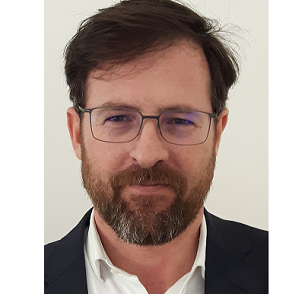
Pablo Presa
Dr. EU-Marie Curie in Génétique Quantitative et des Populations from Université de Paris XI-Orsay, Postdoctoral EU-Marie Curie STF from University of Tsukuba and NRIA-Japan, and current Professor of Genetics at the University of Vigo (https://www.uvigo.gal/) where he leads the Marine Genetic Resources Research Laboratory (http://rexenmar.webs.uvigo.es/). His research career has been focused on the genetic processes underlying the population dynamics of overexploited marine fisheries, including genetic structuring and connectivity patterns (https://ephyslab.uvigo.es/DelFishStock/). His current research activity in fishery genetics intends to model the historical trends of genetic parameters as assessment tools that allow to measuring both, fishing-induced drift and genetic erosion.
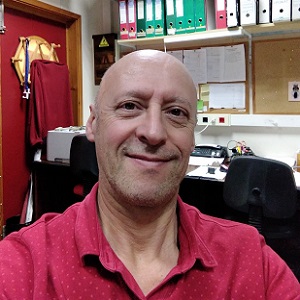
Ricardo Alpoim
Ricardo Alpoim is a senior scientist at the Portuguese Institute for the Sea and Atmosphere (IPMA). Carry out scientific research of fish biology and fishery science, fish stock assessments and management advice in ICES and NAFO areas, when he was responsible of the stock assessment of different demersal stocks. Chairman of the NAFO Scientific Council from 2009 to 2011. Chairman of the NAFO SC Standing Committee on Research Coordination (STACREC).
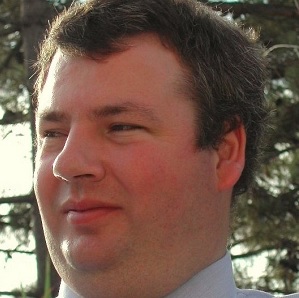
Ruth Fernández García
Ruth Fernández García (Vigo, 1979) has a degree in Environmental Sciences from the University of Granada. She received a doctorate in biology from the University of Vigo and for her doctorate she worked as a fellow at the IEO in Vigo for a year. Ruth has been working in the ICES scientific council department since 2014. Her responsibilities include working with international groups of scientists to facilitate stock assessment, contribute to the preparation of data requests (e.g. DCF) in support of ICES working groups, collaborate in the process of evaluating accidental catches of protected species and participate in the production and publication of scientific advice from ICES.

Round table stakeholders
Marta Ballesteros
Marta Ballesteros works at the CETMAR Fisheries Socioeconomic Department. She has facilitated multi-level, multi-national stakeholders’ platforms in the European Union (e.g. MAREFRAME project), stakeholders dialogues at ICES (e.g. Workshop on scoping stakeholders on production of operational guidance on assessment of benthic pressure and impact from bottom fishing) as well as high-level policy dialogues (e.g. DG-MARE, ICES, STECF round table for implementing an Ecosystem Approach to Fisheries Management). Research topics include governance, stakeholders’ interaction, fisheries policy and management. Recently, she has participated in the STECF report on the Social dimension of the Common Fisheries Policy (2020), the ICES Workshop on Stakeholder Engagement Strategy (WKSHOES, 2021) and is a member of the ICES Working Group on Balancing Economic, Social and Ecological Objectives (WGBESEO).
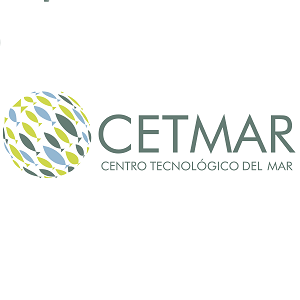
Santiago Cerviño
Santiago Cerviño, Ph.D. in Biological Sciences is currently the coordinator of the IEO assessment team in European waters ICES (International Council for the Exploration of the Sea). He is also a Spanish alternate in ICES Advisory Committee (ACOM). He has been member of many international working groups related with fishery science. He has participated in research projects on fishing topics such as EU VI and VII FP (e.g. BECAUSE, UNCOVER, ECOKNOWS, MYFISH or MareFrame) and now the coordinator of the Spanish PN project IMPRESS. The research activity in these projects is focused on development of assessment to support the sustainability and management of fisheries resources and the marine. Their main lines of research are focused on assessment methods, the integration of biological processes in the assessment, the incertitude in the scientific advice, or the evaluations of management strategies.
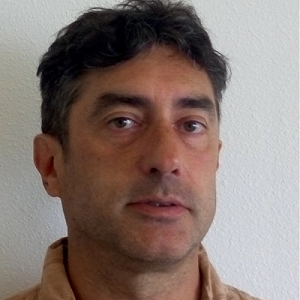
Gonzalo Rodríguez
Gonzalo Rodríguez Rodríguez is Professor in the Department of Applied Economics at the University of Santiago de Compostela and coordinator of the Research group on Fisheries Economics and Natural Resources. He currently co-directs the Postgraduate Program in Cultural Management at USC and has been coordinator of the ACUINNOVA network (Innovation in fishing and aquaculture in Latin America). His research has been published in the main journal in the area, such as Marine Policy, Fish & Fisheries, Aquaculture Economics and Management, Ocean & Coastal Management, etc. His research interests are focused on the analysis of the economic impact of fishing, fishing policies, markets for marine products and IUU fishing. His ongoing projects include the preparation of the Input-Output Tables of the Fisheries and Marine Products Industry of Galicia 2019; the cost-efficiency analysis of the introduction of methodologies based on sequencing in the DCF fishing research campaigns, within the framework of the FishGenome project, and the analysis of poaching in Galicia.
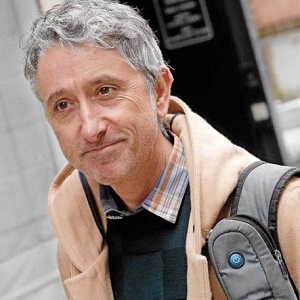
Pilar Vara
After the university education and her doctoral thesis during which she carried out several research stays in national and international centers, began her career in the General State Administration as a member of the Corps National Veterinary. She has held several positions related to the management and organization of different livestock sectors until reaching the General Secretary of Fisheries as chief of fisheries area in 2012. Since then she has coordinated fisheries research activities with different scientific organizations of reference in the marine field. Since February 2015 she is Deputy Director of Scientific Research and Reserves Marinas performing the competences in fisheries research deals highlighting the coordination of the national data program of the fisheries sector, the coordination of research work to respond to the needs of knowledge to apply to fisheries management, or preparation and participation in the European Union Councils of Ministers to establish, among others, TAC and dues. She also manages the fisheries research vessels and ocenaographic and cooperation of the Ministry of Agriculture, Fisheries and Food, as well as the management, monitoring and disclosure of reservations marinas of fishing interest.
